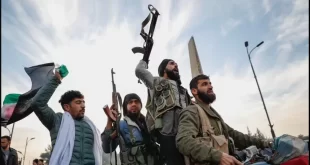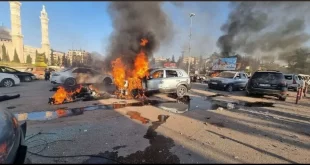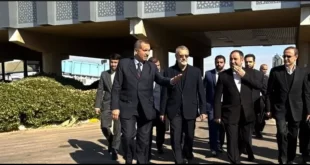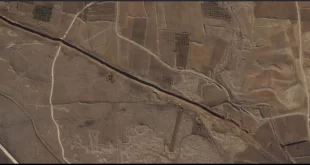Jan 29, 2015, Al-Akhbar
Representatives of Syrian President Bashar al-Assad and opposition figures have agreed to hold another round of talks in Moscow, moderator Vitaly Naumkin said on Thursday, but the date had not yet been set.
“It would have been naive to expect that the sides would solve all problems during their very first consultations,” he said.
The 32 members of various opposition groups tolerated by the authorities in Damascus and six members of the official Syrian delegation led by the ambassador to the United Nations Bashar Jaafari took part in the talks, as a Russian initiative to revive stalled peace efforts in the four-year conflict.
The Western-backed, Turkey and Qatar-based opponents of Assad have stayed away, saying that Russia, an Assad ally, cannot be an honest broker. The main militant groups, including al-Qaeda’s branch in Syria, al-Nusra Front, fighting on the ground were also absent from the talks.
“We are trying to create an atmosphere of trust, between all sides, including the regime, and with all who are trying to create a ceasefire,” Majid Habbo, a senior member of the opposition National Coordination Committee said in Moscow.
The opposition source at the meeting said that those attending were putting forward a “ten-point list” aimed at defusing the nearly four years of civil war that has claimed more than 200,000 lives since 2011.
Naumkin said the majority of participants agreed to the series of points known as the Moscow principles, which include maintaining the sovereignty and unity of Syria, the rejection of foreign interference and combating terrorism.
The Syrian National Coalition (SNC) has shunned the meeting in Moscow, saying it would only take part in talks that lead to Assad leaving power.
“Any talks should be held in a neutral country and overseen by the United Nations,” a source in the coalition said in the run-up to the negotiations.
Washington has said it welcomed the Moscow talks but that it was up to the opposition whether to attend.
The talks come amid signs that Washington may be recalibrating its Syria policy to focus on the fight against the Islamic State of Iraq and Syria (ISIS) jihadist group, which has taken control of parts of Iraq and Syria, rather than toppling Assad.
 Syria Support Movement solidarity with the Syrian people
Syria Support Movement solidarity with the Syrian people




